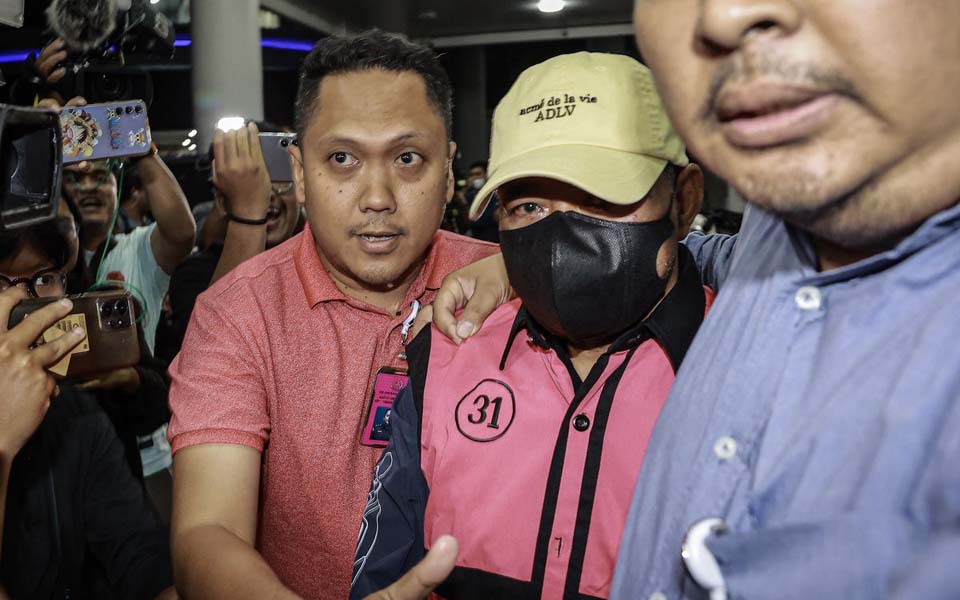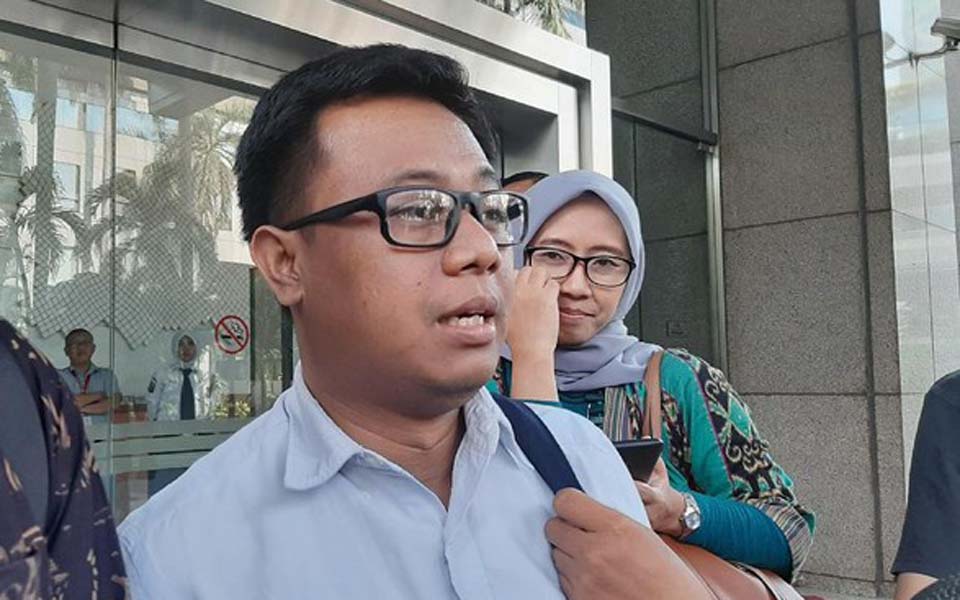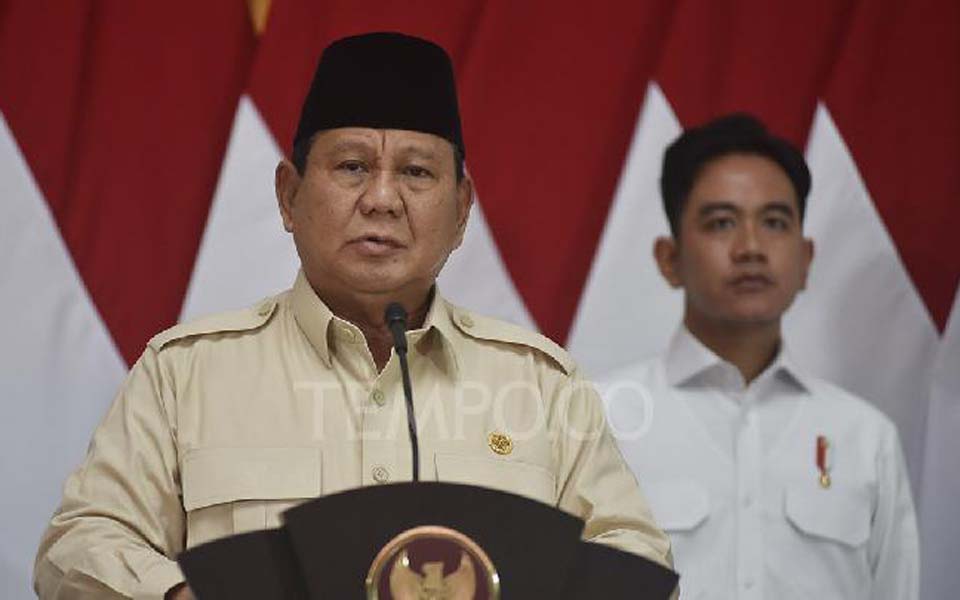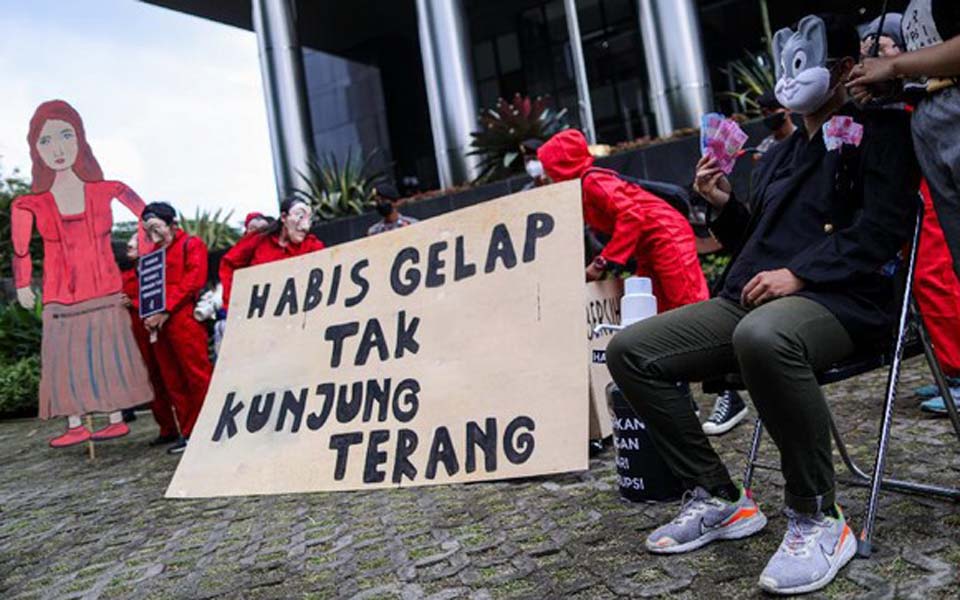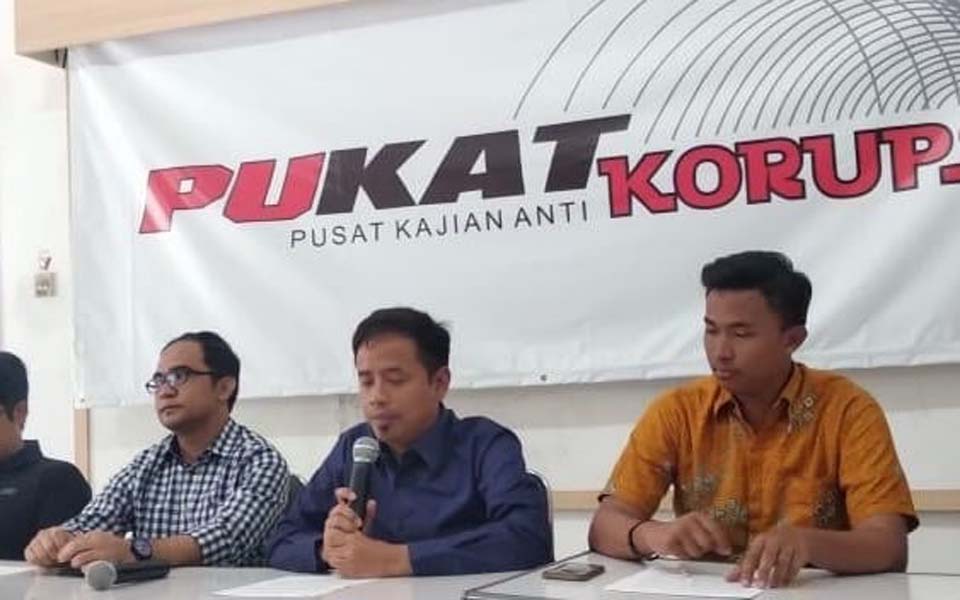Irfan Kamil, Jakarta – Indonesia Corruption Watch (ICW) believes that the obstacles hampering government efforts to handle the Bank Indonesia Liquidity Support Scheme (BLBI) corruption scandal are too complex.
This was conveyed by ICW Coordinator Adnan Topan Husodo during a Kompas TV One Table The Forum talk-show program titled Hunting down the BLBI money on Wednesday April 14.
One of the internal obstacles for the government, he said, is that law enforcement officials are not serious about corruption or their integrity.
"Me, I look at it like this, right from the start the government's efforts to handle the BLBI corruption case have always been obstructed by various kinds of complications (such as) the law enforcement officials conducting it", said Husodo.
In addition to this, he said, the other obstacle in handling the BLBI case is the close relationship between BLBI obligators and the government elite.
"And we also know that most of those who are BLBI obligators also have quite close links and relationships with the government elite", he said.
Because of this, the path that has been pursued in confronting these kinds of problems, said Husodo, has been for the Corruption Eradication Commission to issue an order to stop investigation (SP3).
On the other hand, ICW is also not convinced by the government's recent move to establish a Task Force on Handling BLBI Funds Owed to the State (Satgas BLBI).
According to Husodo, the timeframe set out in Presidential Decree (Kepres) Number 6/2021 on the Satgas BLBI is too short.
"Now, the pragmatic road now being taken by the government today is by issuing Kepres Number 6/2021 where if we look at it the timeframe of the Kepres is very short, only until 2023", said Husodo.
"I'm not too convinced that in a timeframe of around two years the government can be able to recover 110 trillion rupiah in funds which are considered can still be collected by the government today", he said.
Earlier, Coordinating Minister for Security, Politics and Legal Affairs Mahfud MD said that the BLBI debt owed to the government is more than 109 trillion rupiah.
This was calculated after Mahfud summoned representatives from the Finance Ministry and the Attorney General's Office (Kejagung).
"I've only just summoned the State Assets Director General and the Jamdatun [Deputy Attorney General for Civil Affairs and State Administration} from the Kejagung, earlier it was calculated at 108 trillion, but its 109 trillion or more. But out of this, how much can still realistically be collected, this still requires a great deal of prudence", said Mahfud in a video released by the Coordinating Ministry for Security, Politics and Legal Affairs on Monday April 12.
In relation to the Satgas BLBI, Mahfud made assurances that it would be transparent.
Later, the Satgas will summon several people related to the case. In addition to this is will later announce approximately how much money can be directly recovered by the state. "We'll be transparent with the public", said Mahfud.
Notes
In the aftermath of the 1997-1998 Asian financial crisis, the Indonesian government disbursed a total of Rp 144.5 trillion to bail out commercial banks under the Bank Indonesia Liquidity Support Scheme (BLBI). At least 95 percent of this was misappropriated leading to state losses in the hundreds of trillions of rupiah. Following "advice" from ministers, in 2002 then president Megawati Sukarnoputri issued Presidential Decree Number 8/2002 on "release and discharge" letters, freeing recipients of the funds from obligation to fully pay the debts.
[Translated by James Balowski. The original title of the article was "ICW Nilai Pemerintah Miliki Terlalu Banyak Hambatan dalam Penanganan Kasus BLBI".]






